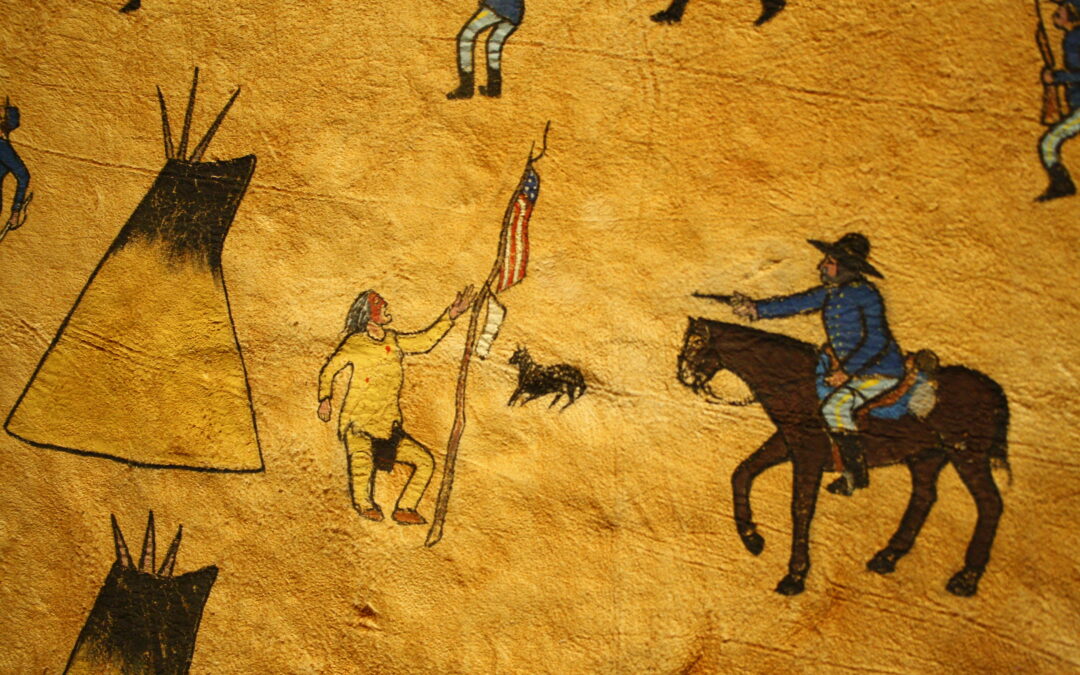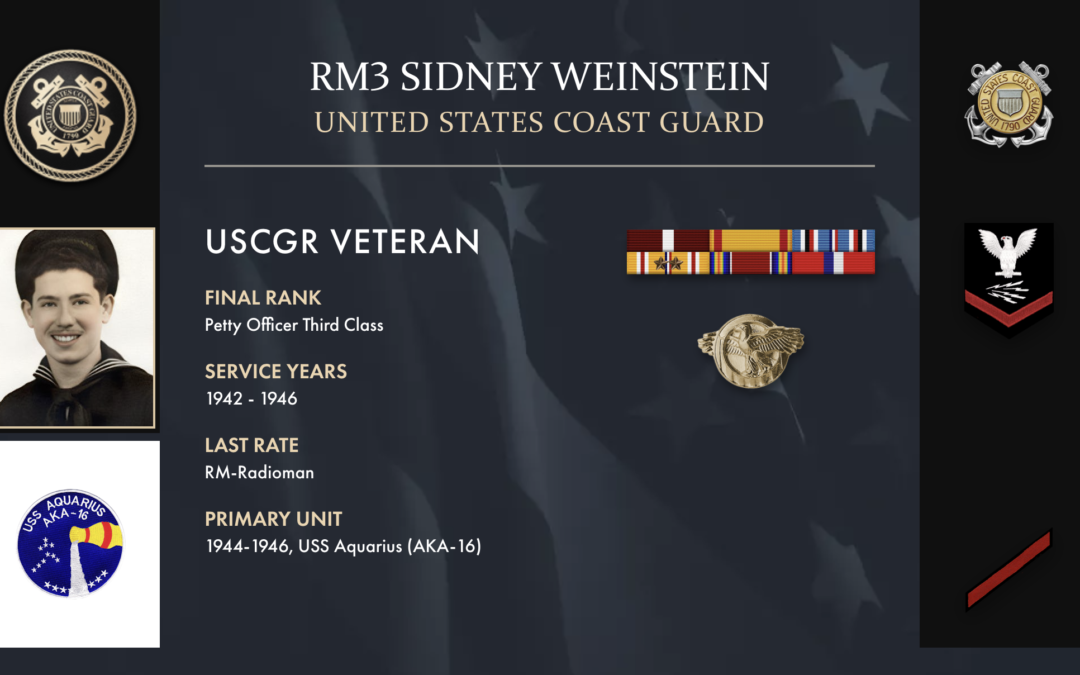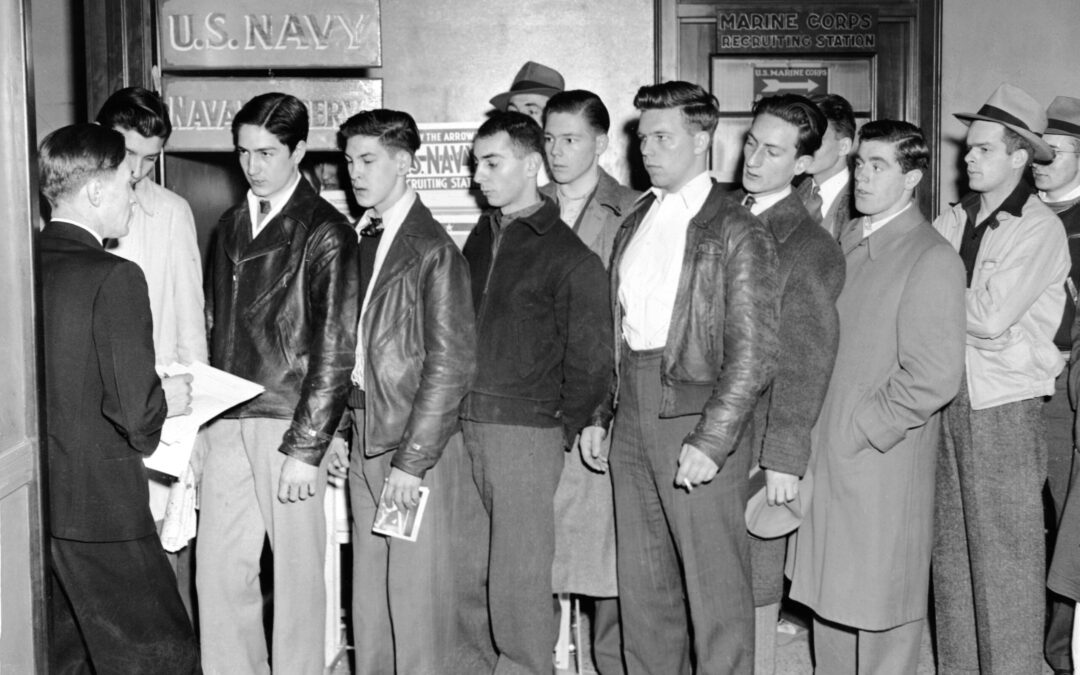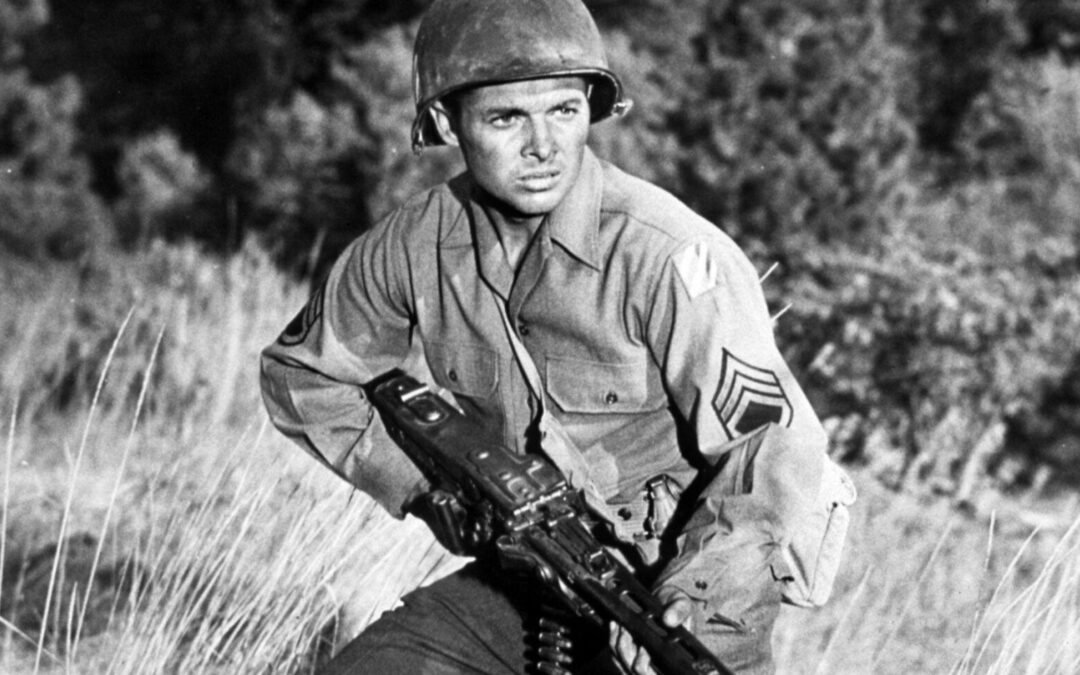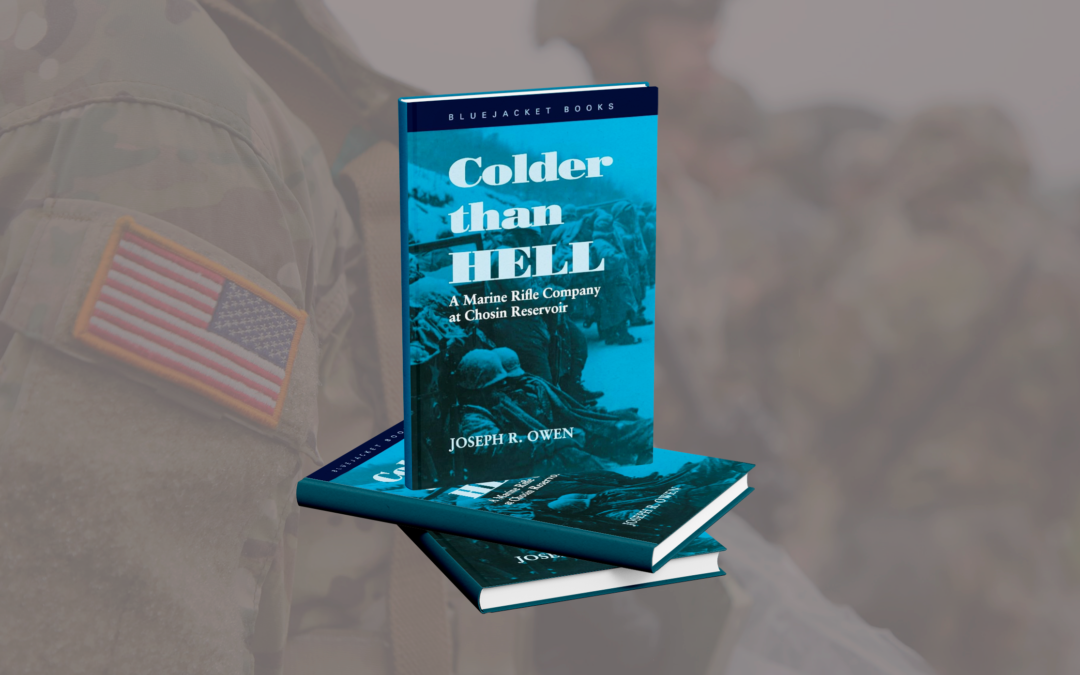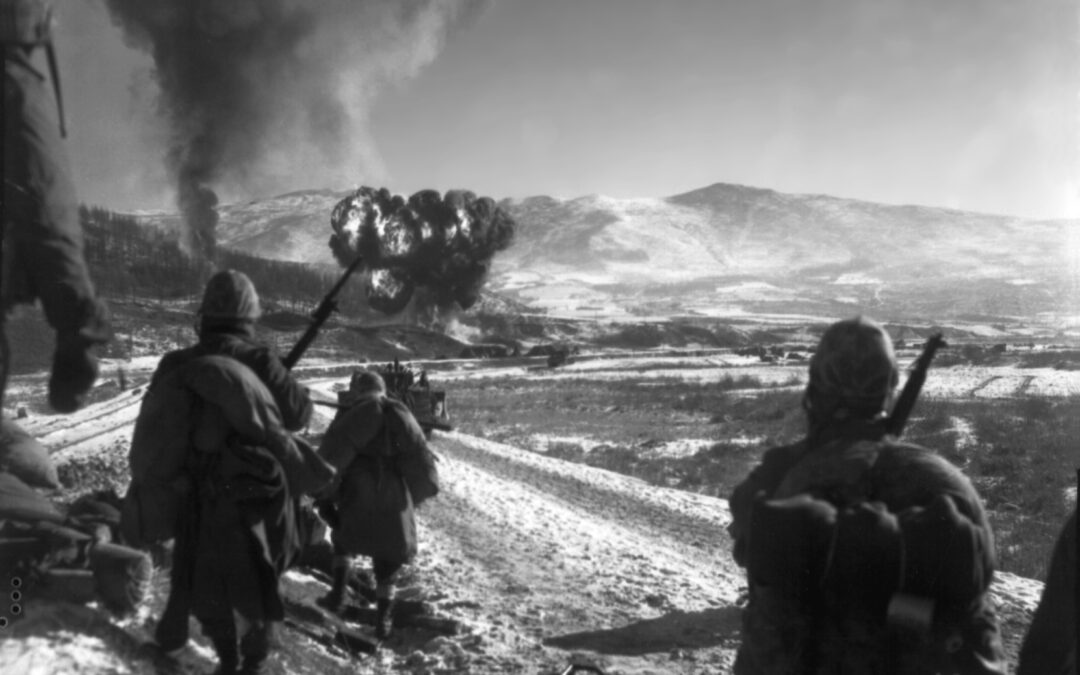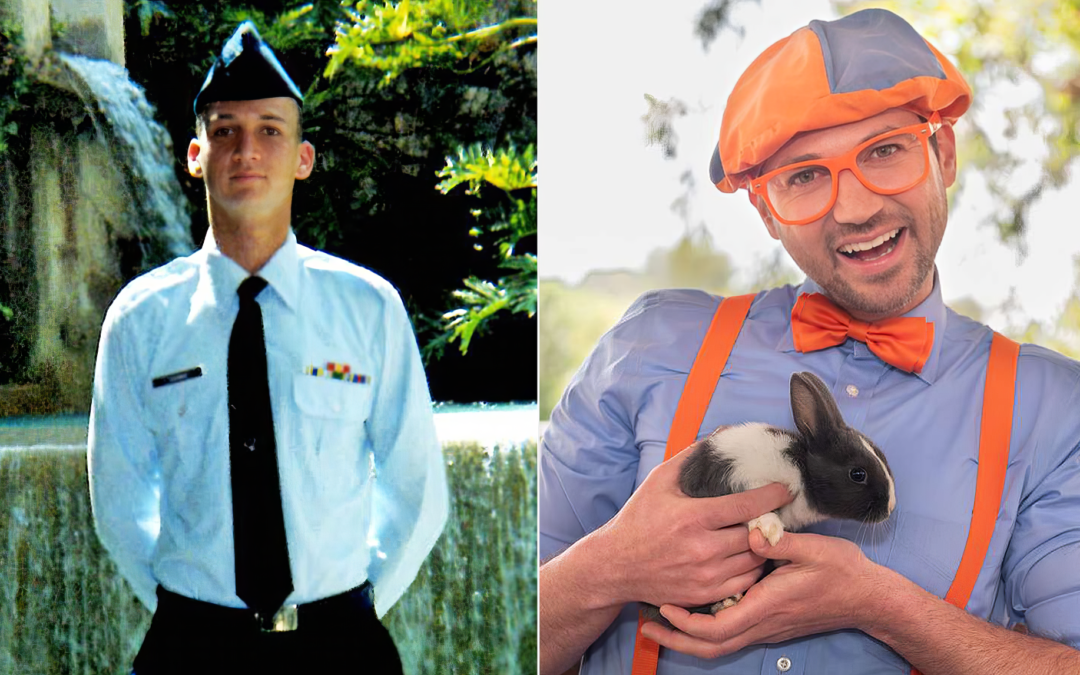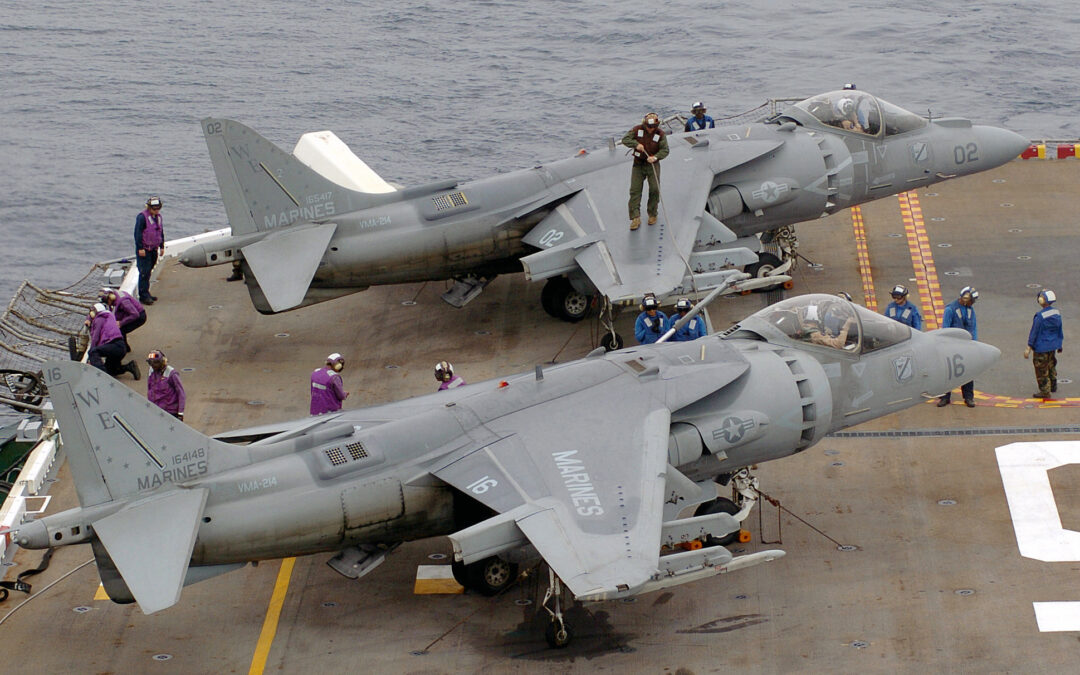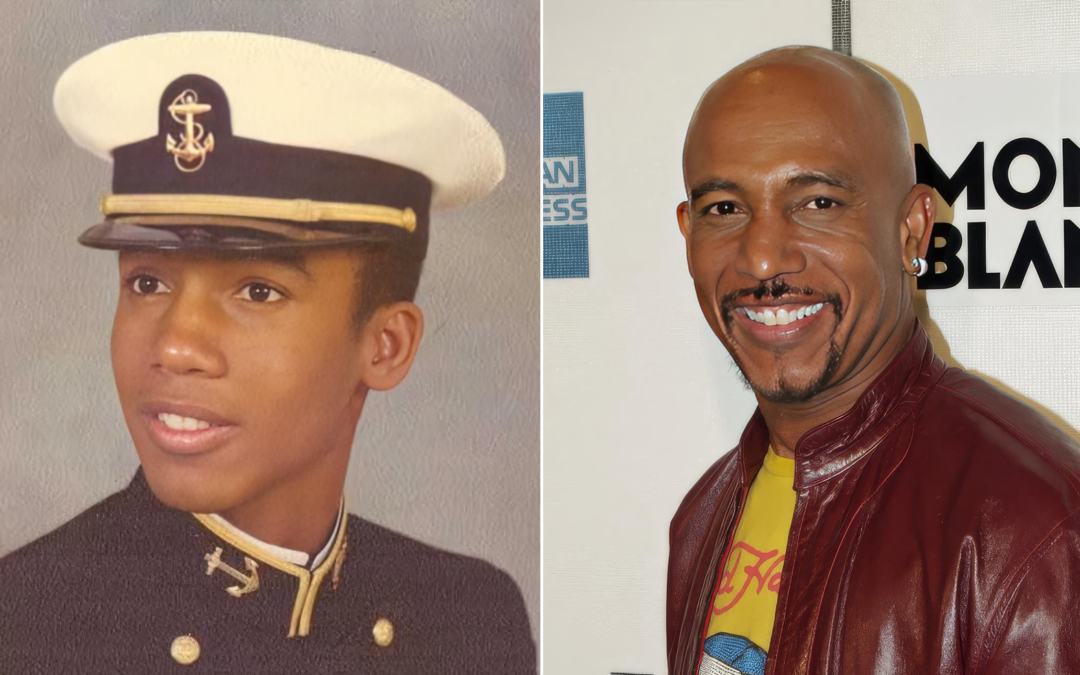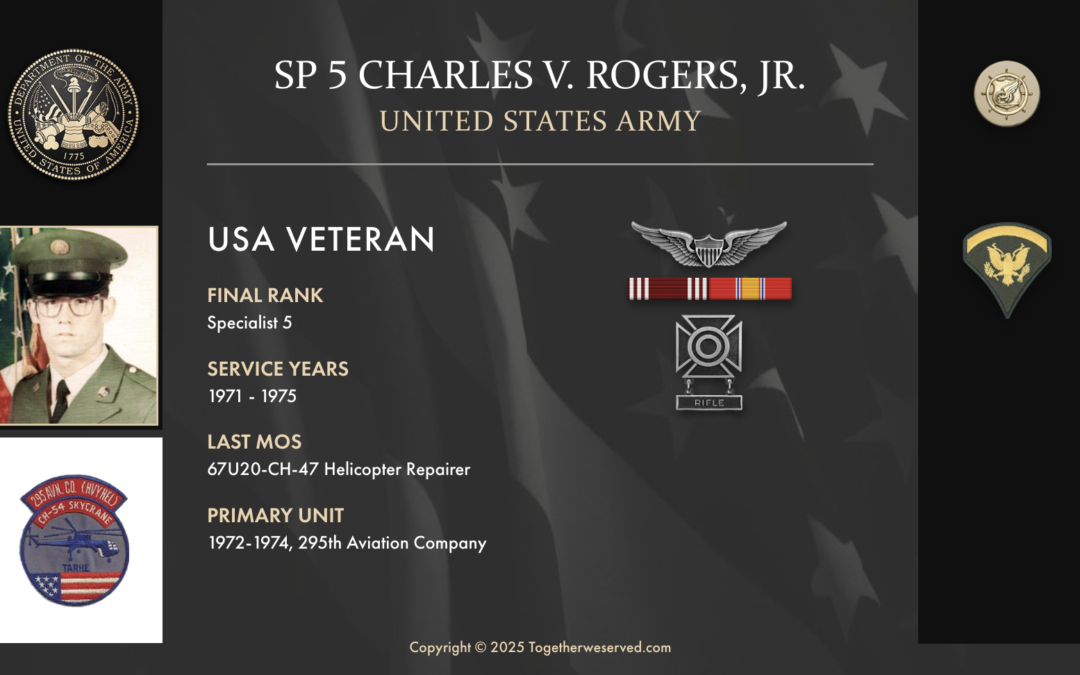The Sand Creek Massacre, occurring on November 29, 1864, was one of the most infamous incidents of the Indian Wars. Initially reported in the press as a victory against a bravely fought defense by the Cheyenne, later eyewitness testimony conflicted with these reports, resulting in a military and two Congressional investigations into the event. Two of those eyewitnesses were cavalry officers Capt. Silas Soule and Lt. Joseph Cramer who had the courage to order their men not to take part in the slaughter. It was these two that were also the driving force in getting the government to conduct more in-depth investigations on what really happened at Sand Creek. Conflicts and Tensions Before the Sand Creek Massacre The causes of the Sand Creek massacre and other atrocities inflicted on the Indians were rooted in the long conflict for control of the Great Plains of eastern Colorado and to the river to the Nebraska border to the Cheyenne and Arapaho. Around the same time, gold and silver...
